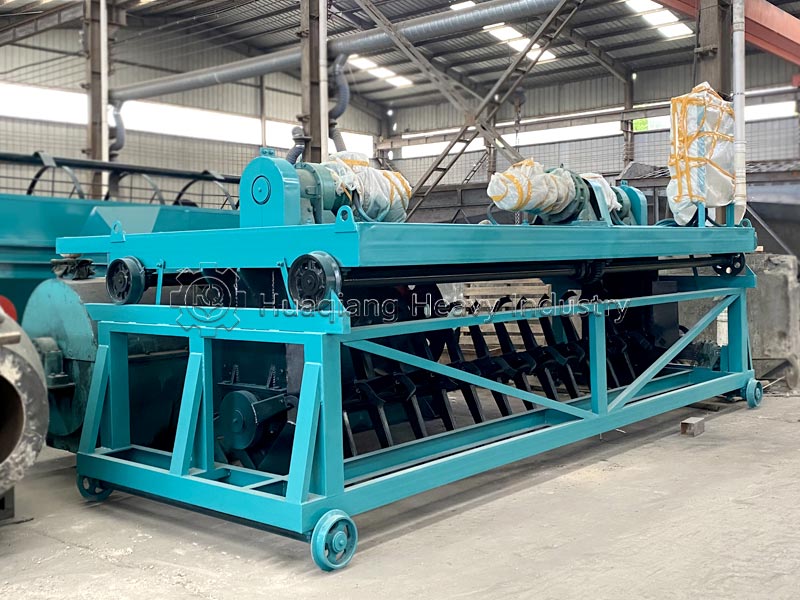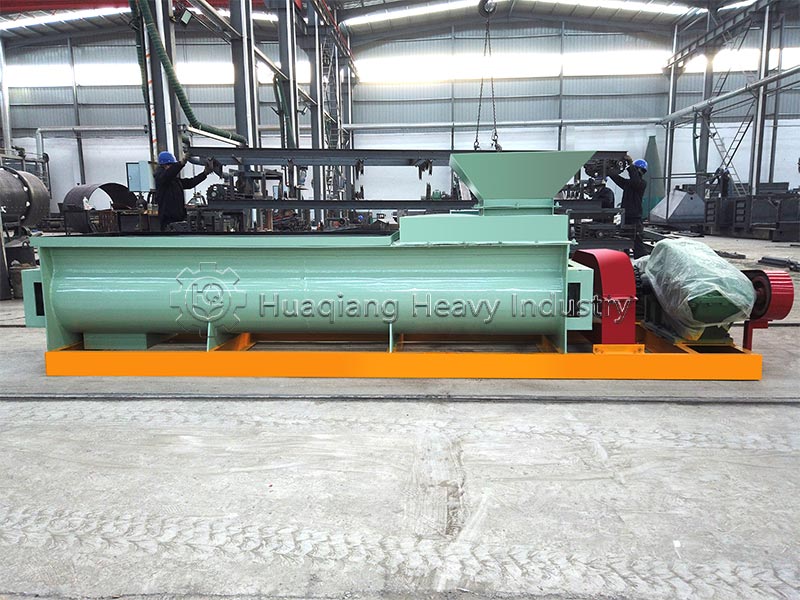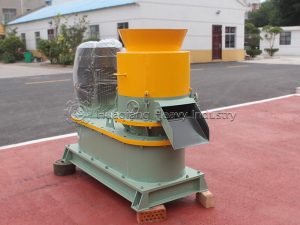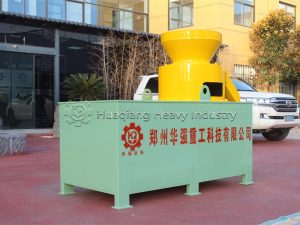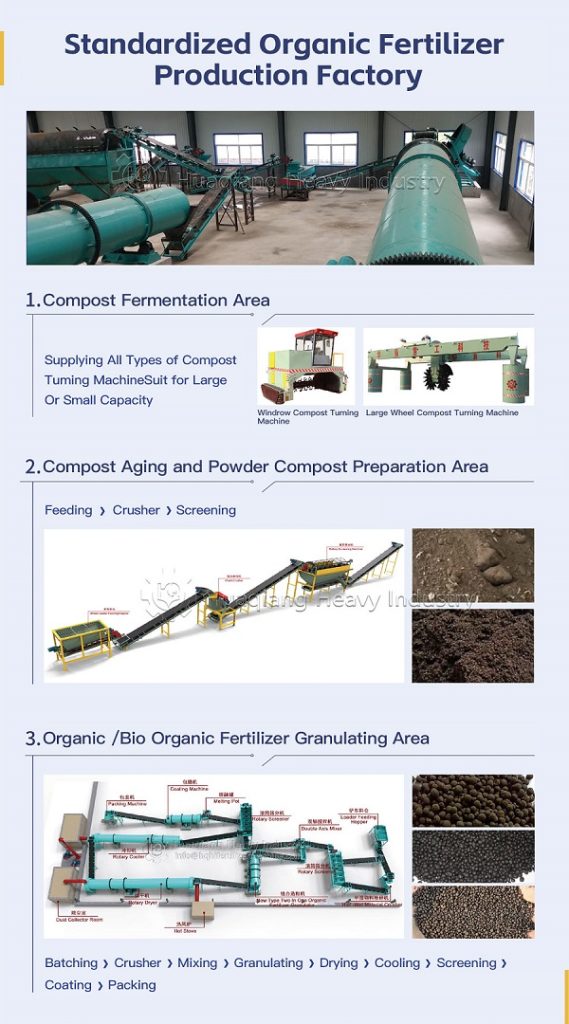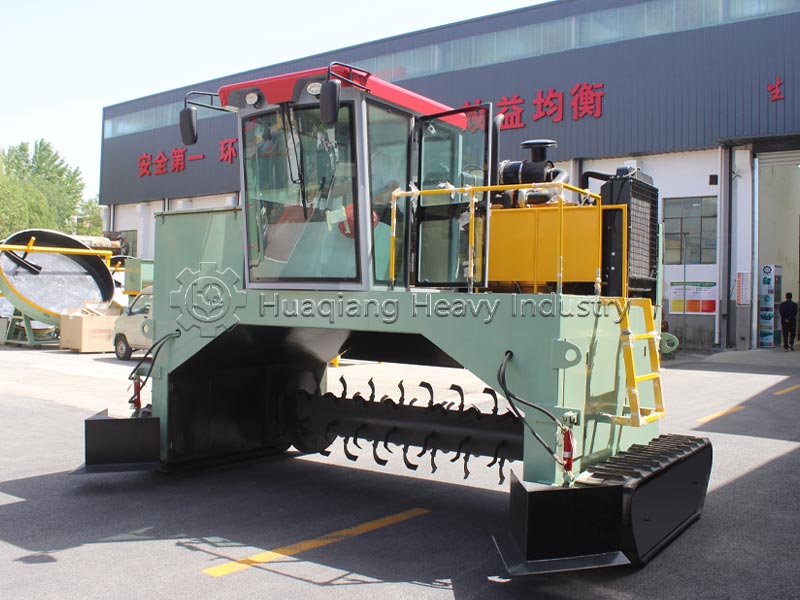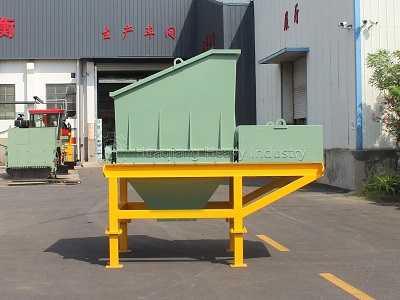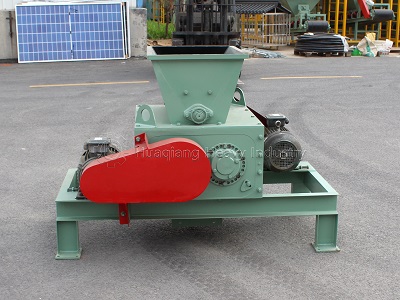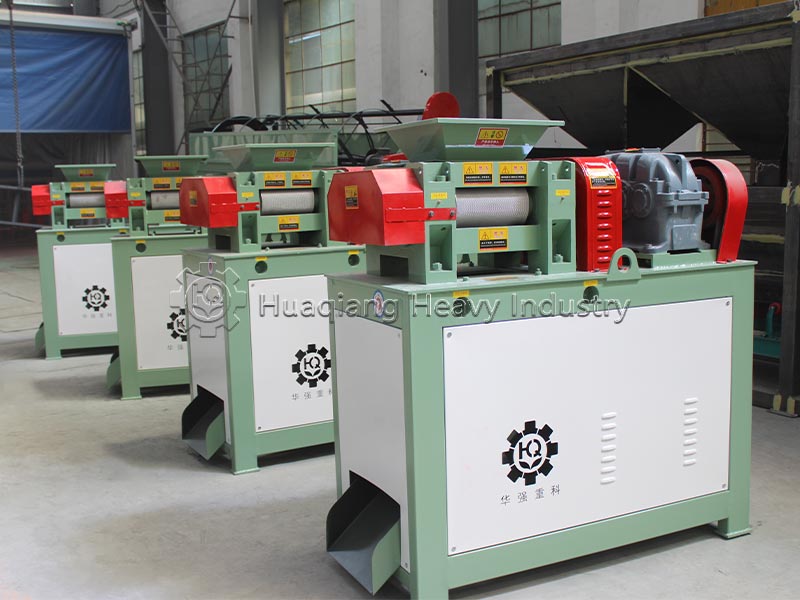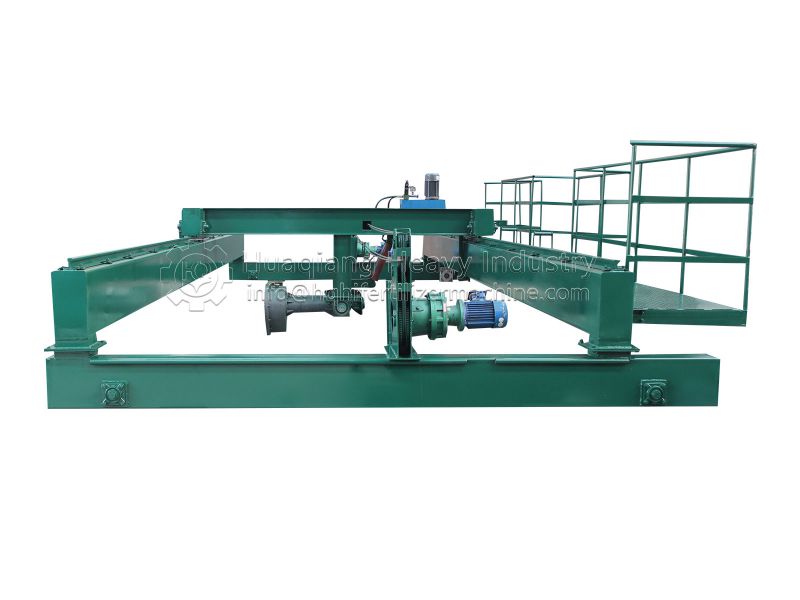In modern agricultural production, NPK compound fertilizer, with its precise nutrient ratio and efficient application, has become a crucial guarantee for high-yield and high-quality crops. Granulation technology, which transforms basic fertilizers such as nitrogen, phosphorus, and potassium into uniform granules, is the key process for achieving this goal. From dry to wet processes, different granulation technologies offer diverse choices for enterprises of different scales and production needs.

Twin-Roll Extrusion: Energy-Saving and Efficient Dry Process
Twin-roll extrusion granulation technology plays an important role in NPK compound fertilizer production due to its significant energy-saving advantages. This technology uses the principle of physical pressing, directly pressing uniformly mixed powdered raw materials into shape using two relatively rotating pressure rollers. A Shandong-based company with an annual compound fertilizer production capacity of 50,000 tons reduced its energy consumption costs by 35% compared to the traditional wet process after introducing a twin-roll extrusion production line in 2019. More importantly, this technology completely avoids the drying process necessary in wet processes, which not only saves energy but also reduces the loss of heat-sensitive nutrients.
In actual production, twin-roll extrusion technology is particularly suitable for processing water-soluble raw materials such as urea and monoammonium phosphate. A compound fertilizer manufacturer in Zhoukou, Henan Province, found that 15-15-15 formula fertilizers produced using this technology have a particle strength exceeding 25 Newtons, fully meeting the requirements for long-distance transportation and mechanized fertilization. Simultaneously, because no water or binder needs to be added, the nutrient content of the product is more precise, avoiding nutrient dilution caused by the addition of auxiliary materials.

Drum Granulation: The Mainstay of Wet Processes for Large-Scale Production
For enterprises pursuing large-scale production, drum granulation technology provides an ideal solution. This wet process uses the addition of steam or water to gradually agglomerate powdered raw materials into granules during the rotation of the rollers. A large compound fertilizer company in Nantong, Jiangsu Province, uses a roller granulation system with a single-line capacity of 25 tons per hour and an annual production capacity exceeding 150,000 tons.
The advantages of roller granulation lie in the high sphericity and smooth surface of the produced granules, resulting in good market acceptance. The company’s technical director explained that they maintain a granulation rate of over 92% by precisely controlling the amount of steam added and the roller speed. Meanwhile, the lifting plates inside the drum ensure thorough mixing of materials, resulting in a more uniform nutrient distribution in each fertilizer pellet. This process is particularly suitable for producing high-concentration compound fertilizers, such as high-phosphorus formulations like 18-46-0.

Disc Granulation: A Flexible and Economical Choice for Small and Medium-Sized Enterprises
Disc granulators, with their ease of operation and lower investment, have become the preferred choice for small and medium-sized compound fertilizer enterprises. This equipment allows for flexible control of pellet size and hardness by adjusting the disc angle, rotation speed, and water spray volume. A compound fertilizer plant in Fuyang, Anhui Province, with an annual production capacity of 20,000 tons, uses a 3.2-meter diameter disc granulator and, through optimized process parameters, achieves a pelleting rate of 94%, exceeding the industry average.
The unique advantage of disc granulation lies in its excellent process visibility. Operators can directly observe the granulation process and adjust process parameters in a timely manner. Technicians at the plant stated that by observing the movement trajectory and growth status of the pellets in the disc, they can accurately judge the material’s moisture content and adhesion status, thus making corresponding adjustments. This intuitive operation method greatly reduces the technical requirements for operators, making it particularly suitable for small and medium-sized enterprises with relatively weak technical capabilities. Process Innovation and Quality Control: Modern NPK compound fertilizer granulation technology continuously integrates innovation, driving sustained improvements in product quality. In the raw material pretreatment stage, advanced pulverizing systems can grind various raw materials to a fineness of 80 mesh or higher, ensuring uniform mixing. A compound fertilizer company in Sichuan has introduced an intelligent batching system with a multi-weighing linkage design, achieving a batching accuracy of 0.1%, fundamentally guaranteeing the accuracy of the product formula.
Post-granulation processing is equally crucial. The drying stage employs segmented temperature control to avoid nutrient damage from high temperatures. The cooling system, through a counter-current design, reduces particle temperature while minimizing dust generation. The screening process utilizes multi-layer vibrating screens to achieve precise particle grading. Production data from a company in Fujian shows that by optimizing screening parameters, the product qualification rate increased from 90% to 96%, and the return rate decreased by 40%.
The application of coating technology further enhances product value. Polymer-coated slow-release compound fertilizers can slowly release nutrients according to crop needs, improving fertilizer utilization. A Guangdong-based company has developed a controlled-release compound fertilizer with a nitrogen utilization rate of 65%, 20 percentage points higher than ordinary compound fertilizers. Although priced 30% higher, its effectiveness in reducing fertilization frequency and increasing yield has made it popular among large-scale farmers.
Dual Progress in Environmental Protection and Energy Conservation
With increasing environmental requirements, granulation technology is also developing towards cleaner production methods. Dry granulation is favored because it eliminates the need for drying and produces no wastewater. A Zhejiang-based company, by improving its twin-roller extrusion process, has reduced dust emission concentration during production to 15 milligrams per cubic meter, far below national emission standards. Simultaneously, equipment operating noise is controlled below 85 decibels, creating a better working environment.
Reduced energy consumption is another important area of improvement. New granulation equipment employs efficient transmission and intelligent control systems, resulting in a continuous decrease in energy consumption per unit of product. Data from a Shandong-based company shows that by adopting frequency conversion technology and waste heat recovery devices, electricity consumption per ton of product has decreased from 85 kWh to 62 kWh, steam consumption has decreased by 25%, and annual energy cost savings exceed 1.5 million yuan.
Customized Production and Market Segmentation: The flexibility of modern granulation technology enables product customization. Manufacturers can quickly adjust formulas and production processes to meet the nutritional needs of different crops at different growth stages. A Yunnan company specializing in compound fertilizer for tea has designed a unique 18-8-12 formula based on the tea tree’s preference for ammonium nitrogen and its need for a balanced phosphorus and potassium ratio. Through a special granulation process, they ensure slow nutrient release, making their product very popular in local tea-growing areas.
Organic-inorganic compound fertilizers are another important development direction. By combining organic matter with chemical fertilizers, they leverage the rapid effects of chemical fertilizers while showcasing the soil-improving advantages of organic fertilizers. An organic-inorganic compound fertilizer developed by a Jiangxi company, with an organic matter content of 20%, combined with NPK nutrients, has shown excellent performance in citrus cultivation, significantly improving fruit quality.
From dry to wet methods, from large-scale to small-scale operations, the diversification of NPK compound fertilizer granulation technology provides comprehensive support for industry development. With technological advancements and changing market demands, granulation processes will continue to evolve towards greater efficiency, environmental friendliness, and intelligence. For fertilizer producers, choosing a granulation technology suitable for their own conditions and continuously optimizing production processes will be key to enhancing competitiveness. Advanced granulation technology will undoubtedly play an increasingly important role in ensuring food security and promoting sustainable agricultural development.
Granulation as the Core of NPK Fertilizer Manufacturing
The diverse granulation methods discussed—roller press extrusion, drum, and disc—represent the core npk granulation machine technology options within the broader npk fertilizer manufacturing process. This process begins with precise formulation and blending, a step executed by a npk blending machine or, for physical mixing of pre-granulated materials, a npk bulk blending machine. The homogenized powder is then fed into the central unit of the npk fertilizer production line: the npk granulation machine.
The selection of the specific npk fertilizer granulator—be it a roller press for dry compaction, a rotary drum for wet agglomeration, or a disc for smaller-scale production—is the critical decision that defines the line’s energy profile and product characteristics. The entire suite of npk fertilizer granulator machine equipment, including the granulator, dryers (if needed), and coolers, must be integrated seamlessly. This integration of advanced npk fertilizer production technology enables manufacturers to produce a wide range of NPK formulations, from general-purpose blends to specialized slow-release products, meeting diverse agricultural needs.
Therefore, the evolution and optimization of granulation technology directly empower the NPK fertilizer industry. It provides the physical means to transform precise nutrient formulas into a stable, easy-to-apply product, which is fundamental to modern precision agriculture and efficient nutrient management.
